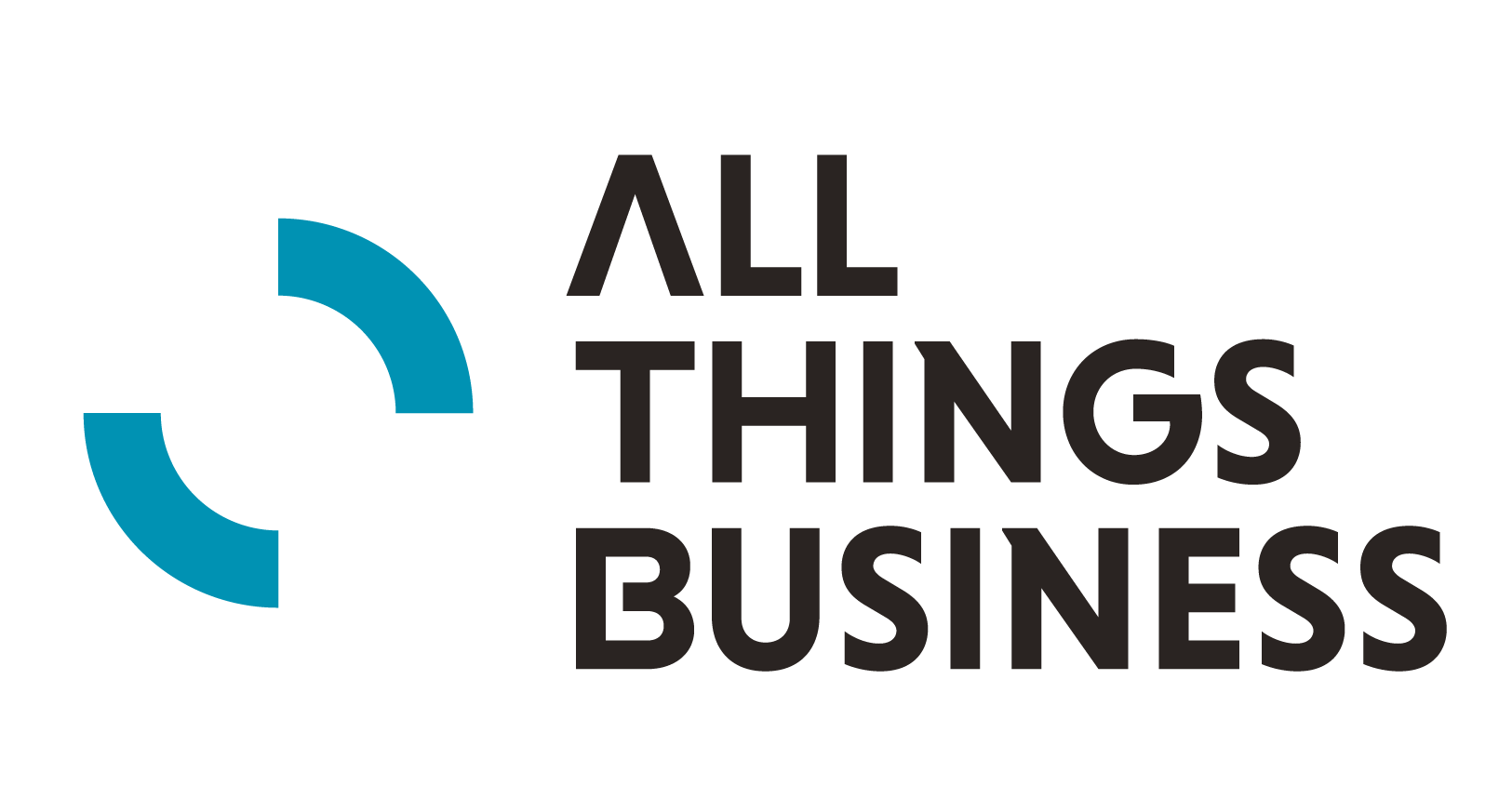Lady Justice, named for the Roman Goddess Justicia, is blindfolded because justice is unbiased and should not be based on a person’s appearance or other outside influences.
Justicia, however, did not live in a world where Legal Aid for women surviving domestic abuse had been decimated. And in the modern world, according to the team at a specialist legal firm, justice can come down to whether or not an individual can afford legal representation.
The inequality of the legal system against women
When the Legal Aid system in the UK was severely restricted back in 2013, family law solicitor Sue Sedgwick knew the implications it would have specifically on women who were coping with situations of domestic and economic abuse. This assumption and the desire to ensure that these women had recourse to legal support that they could access led to the establishment of Affordable Justice, a national non-profit Alternative Business Structure legal firm which also has charitable status.
Sue said:
“The original premise was to strip out the profit element that is usually loaded onto commercial solicitor fees, which meant that we were able to charge less than a third than profit-making firms. While this is a major consideration for many of the women we work with, what has become increasingly apparent is that the family law process is open to weaponisation by the very people from whom these women are trying to escape. And the handling of these women by legal representatives whose main focus is protecting their own bottom line has led to many women being retraumatised.”
Golden thread of feminism
As a result, Sue and her co-founder Lisa Hilder, a non-legal director of the business, created working protocols that have a golden thread of feminism running through everything the company does.
What this means in practice is that the client-solicitor relationship is not based on a legal transaction, but one of compassion and shared understanding. It is instilling a trauma-informed approach that ensures the woman is both listened to, and believed, and that her wishes are central to all legal processes and decisions.
“What we were finding was that many women were coming to us having had their own voices railroaded by firms who wanted to apply the rules of law in isolation from consideration of the ongoing impact of practice decisions, rather than working side by side with the woman to achieve an outcome that they felt was important to them,”
said Sue.
“If a solicitor felt that they could get a better pay out, for example, then that was the principal goal, rather than extracting the woman from an untenable situation with care and compassion.”
The results clients want
Established in 2016, Affordable Justice, has helped more than 1,100 women and saved £1.5m worth of legal fees to its clients. And the company is proud of its 96% success rate to date for getting clients the result that they want.
“For many of these women, it is not about getting the house or money. In fact, these things can often tie them right back to their abuser, prolonging the anguish. And they have paid thousands of pounds for the privilege,”
explained Sue.
“For many of these women, gaining their freedom with a clean and permanent break is more valuable than any ongoing financial settlement.”
Fundamental principles of the feminist framework
There are four fundamental principles of a feminist framework that are adopted by Affordable Justice. These are that:
The woman is respected, believed and supported. A study by the Domestic Abuse Commissioner found that just 12% of women positively rated the support they received during the court process. At Affordable Justice, that percentage is closer to 90%.
• The woman’s choices are the principal focus for all legal processes, even if it proves not to be the most lucrative. While financial settlements are an important part of the process, understanding what the woman needs and wants for her own safety and peace of mind is significantly more important.
• Reframing the evidence demonstrated by women. Often women have a distinct lack of control over their own lives, preventing them from gathering the evidence they need. Reframing evidence within a more contextual point of view can be the difference between a woman being believed, and not being believed.
• A trauma-informed approach is paramount. Many women are so traumatised that they are incapable of seeing a way out of their situation. Every call, every conversation, needs to reflect this in an empathic and empowering way.
A business model that is fully scalable
Lisa Hilder brings with her 25 years of experience as a charity trustee and social entrepreneur, as well as experience as a senior manager in the NHS.
“These first few years in business, and the remote working processes that were implemented as a result of Covid, have laid the foundations of a business that is fully scalable across the whole of England and Wales,”
she said.
“Whether a woman is in London, Leeds, Liverpool or Llanelli, she can access the same level of trauma informed legal support that will gently guide them through this harrowing experience.”
As an organisation that has been established by women, for women, Affordable Justice is committed to ensuring its working practices align with a fairer, more flexible approach to its employees. Equality before the law is about as well-governed as equality in the workplace, which can see many highly effective women struggling to maintain a healthy work-life balance. Affordable Justice is committed to ensuring its employees have better control over their working hours, allowing them to construct their own working day flexibly to fit in with their own family life.
“As well as shaking up the family law system, we also want to develop a much healthier and more accessible way of working for women,”
added Lisa Hilder.
“As we build our countrywide network of women family law practitioners, we are also putting into place plans to disrupt the way women are working at the bar as well, developing a more flexible and family focused way of working which would even out career opportunities and create a healthier working environment all round.
“However, at the very heart of everything that Affordable Justice is working on, are thousands of women for whom the chink of light offered by Affordable Justice is giving them a reason to focus on the future.”
find out more about the work of Affordable Justice here.

